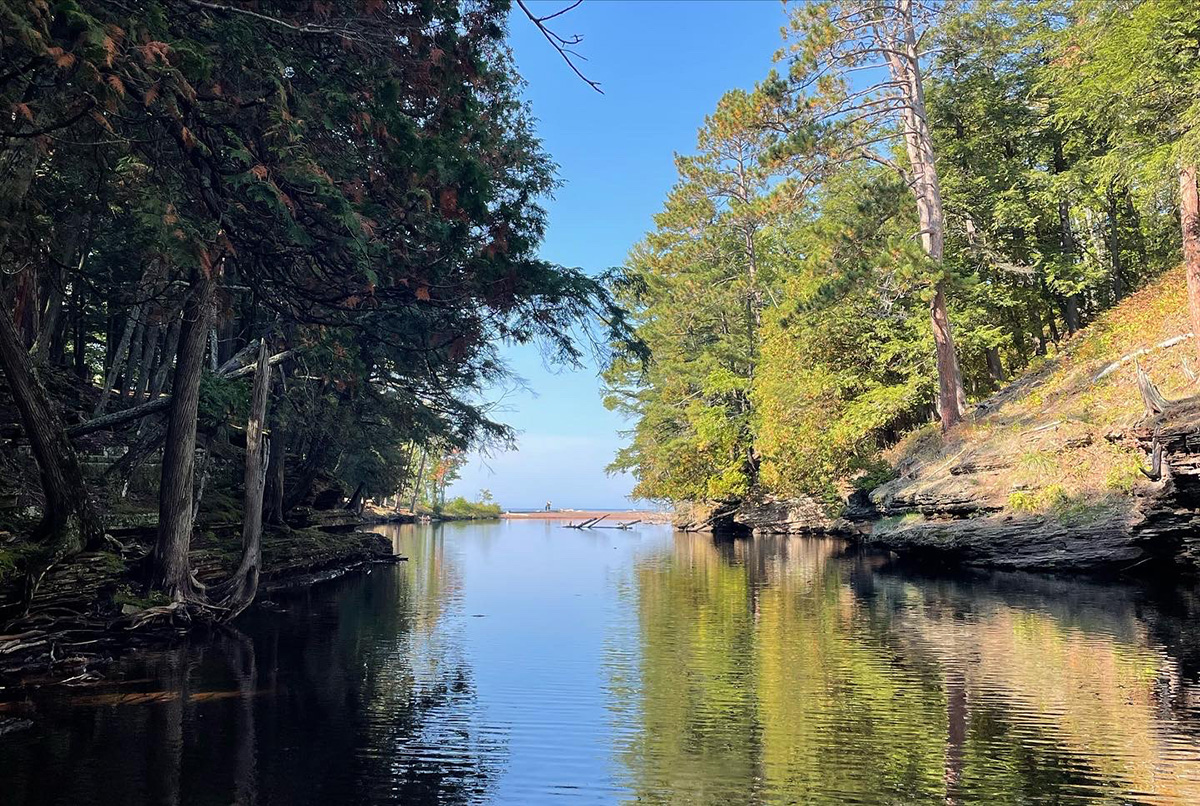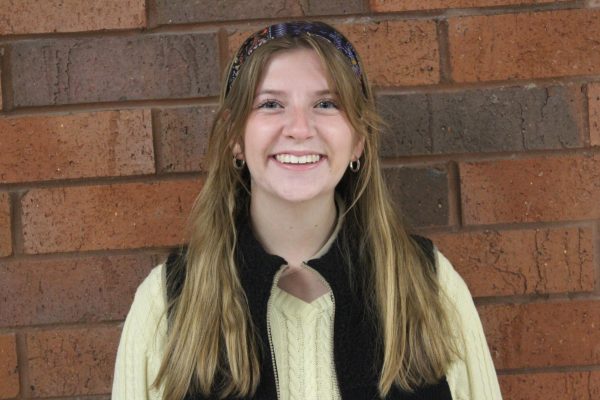It’s a crisp Saturday morning, and as you pull your sleeping bag a little closer to your chest, the sound of the early birds chirping begins to light up the forest.
The most spectacular series of events follows.
You pull on the same fleece you’ve used as your camping pillow for the last two nights and slide open a morning-dew-saturated tent door to emerge from the most welcoming temporary home and find the sun just beginning to rise.
The art of being grounded in nature brings a sense of stillness to many in a world full of bustle.
As a proud member of Generation Z, I have spent most of my life connected to the internet.
I can only dream of a time when the constant connectedness of social media didn’t overcome the simple joys of humanity.
My mom remembers going out on a Friday night with nothing but the coat on her back. Maybe her film camera.
Imagine a night out on Water Street dependent on nothing but the joys of college and the people you surround yourself with. Not a looming Barstool UWEC post in sight.
This sense of stillness in the world is only truly accessible in the modern day if you do one thing — lose cell service.
There is a certain peace in being naturally woken up with the birds. The iPhone alarms simply won’t cut it for me anymore.
According to “Nurtured by Nature,” published on behalf of the American Psychological Association, any amount of time spent outdoors has been linked to improved attention, lower stress, better mood and overall improved well-being.
This theory of connectedness between humans and the natural world is not a new discovery, though.
This relationship has a longstanding name, commonly known as the biophilia hypothesis.
Biophilia essentially argues that ancestral ties to survival in the wild provide modern-day citizens with a drive to connect with nature and feel the benefits when we do.
I don’t know enough about biology to attest to this theory, but I must say that the sense of peacefulness I feel when waking up in the forest is incomparable to any amount of peace I feel when I am awoken to the soul-shattering ringtone I subject myself to every morning.
The sense of being completely unplugged may not be easily accessible, especially as midterm season and Eau Claire winter approaches.
As sad as it is to say, the season of tent camping is coming to a close for many outdoors enthusiasts.
But there are still so many opportunities to take advantage of and connect with nature.
In Eau Claire County alone, the hiking trails are numerous. Don’t let the snow stop you — crisp winter air is wonderfully fresh. Throw on a pair of snowshoes and cozy mittens to get some fabulous endorphins pumping.
The feeling of fulfillment we achieve from being outside is very much real.
According to the American Psychological Association, “People who feel more connected to nature have greater eudaimonic well-being — a type of contentment that goes beyond just feeling good and includes having a meaningful purpose in life.”
Whatever that meaningful purpose may be, the next time you feel disconnected from yourself, it’s probably in everyone’s best interest to go feel some dirt, lick a rock and reconnect with Mother Earth.
Schoenemann can be reached at [email protected].








